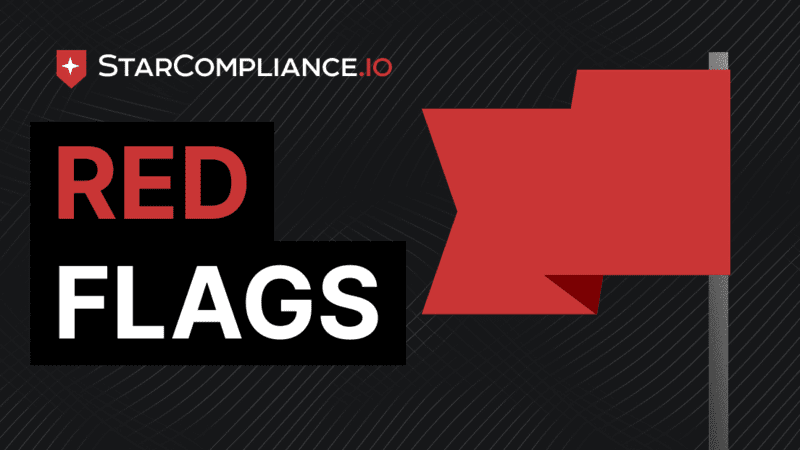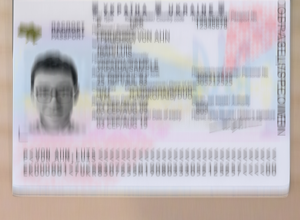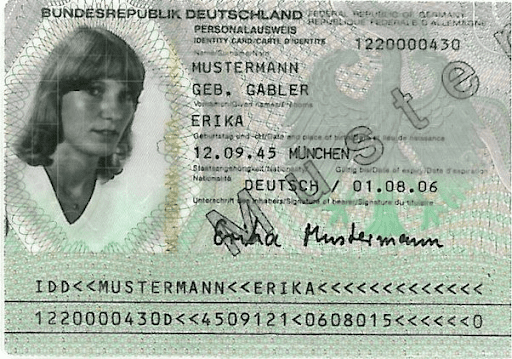
Why trading platforms can lock my account?
2022-11-25
Why you are locked by trading platform and what to do with it
At one moment you are free to trade and in the next – you can’t, because all your funds are now frozen. Sometimes it is necessary to impose restrictions on certain users for security purposes, but sometimes it can be avoided. Here’s how to avoid common mistakes that lead to being blocked.
You receive a message about being blocked – what to do?
When CEX blocks you they often send some kind of request or instruction to follow. Be sure to check your SPAM folder in the email app: you should get a letter containing a list of requirements to be unblocked. If not, then you better check this article on common verification mistakes or contact us right away.
Common account-blocking mistakes you can avoid right now
CEX’es respect their KYC and verification procedures, during which people often make various mistakes you could easily avoid.
For example, two common mistakes people make during KYC
- Poor quality of the documents. In some countries paper-based IDs are issued, but they are easy to damage. In case of damage you need to replace the old ID with a new one or try using a driver’s license.
- Forgot to send documents at all. Happens often, people just forget to send documents or don’t know how to do it. If that’s the case, then be sure to contact CEX support and ask them to walk you through the process.
These two are easy to avoid and work with.
But KYC is a strict procedure, and you want to avoid as many caveats as possible.
Here’s a list of less-known problems with documents during KYC
- Documents are photo-copied, and the review team doesn’t understand if you have the originals. They often label such cases as suspicious, and lock the account until the owner can provide original documents.
- Poor photo quality. To avoid being labeled as suspicious, you want to take a photo with the best camera you have. During validation, the review team needs to zoom in and read your name, surname, date of issue and expiration, and see the photo clearly.

Example of a bad ID photo.
- Part of the document is covered, or the face is hidden. Red flag for KYC review teams, covering any part of the document or your face during validation is a no-go.
- Documents are too old: your photo is hard to read, some pages are torn out, or that driver license has cracks in it. Aged documents might alert the KYC validation team, and try replacing the issued ID.

This ID card is just too old to be accepted.
Other various reasons for being locked by trading platform
Being underage. Might sound silly, but sometimes teens are trying their best in order to escape poverty or provide for their families in the most unexpected ways. Most CEX platforms require their clients to be at least 18 years old. However, other platforms do not, like those which use only wallet apps to log in – DEX’s, swappers, liquidity pools.
Geolocation lock. After a good trading streak we all want to visit new places. Well, be sure to get a 2FA app like Google Authenticator before traveling. In case you don’t, your account may be locked automatically for security reasons. It helps to save millions of dollars, but also kind of annoying.
OFAC sanctions, or you are being region-locked. Trying to bypass this rule will get your account permanently blocked. Access to the trading platforms may also be restricted due to compliance with Office of Foreign Assets Control (OFAC) sanctions.
- Users from the following countries cannot access the platforms: Burundi, Central African Republic, Democratic Republic of Congo, Cuba, Crimea, Iran, Iraq, Lebanon, Libya, North Korea, Somalia, South Sudan, Darfur, Syria and Yemen.
- Having your account locked in such cases might require specialists to recover the funds.
To partially bypass this, you might want to explore withdrawal and trading limits for unverified users. Some trading platforms still allow users to trade under the radar, but it’s surely not Binance. Doing so might get you in hot waters later on if you are requested to provide docs on source of income, for example.
Actions KYC validation teams consider as red flags
The following actions can also be a reason for account blocking:
- Providing fake documents, or trying to fake part of the document. Leads to outright instant ban, might get cyber police involved – not worth it.
- Using Photoshop or any other photo editor on submitted documents.
- Forged documents about source of income for a specific period of your financial activity.
- Having more than one account per trading platform.
- Purchasing a trading account. Stolen trading accounts are often traded at darknet, but CEXes keep records of every user in order to avoid this. Even if the owner agreed to sell you the account – don’t buy it.
- Renting a trading account. Validation team knows how to check this one. It’s not technically a scam, but falls into this category and leads to accounts being locked due to weird geo and IP changes.
- Sharing an account. We all know the drill, sometimes we have that friend who allows us to use their trading account for a while. This might get you both blocked, because the scoring system would label such activity as “red flag”.
- Using a scammed account, or trying to steal an account from a trusting person. This one is to make sure you can be protected from being scammed. This type of scam is usually done by promises of large earnings through emails or messengers.
- Attempting to deceive the moderation team during validation.
Blocked doesn’t mean losing your money
Having multiple trading accounts is forbidden, as it gives unreasonable competitive advantages and disturbs the market equilibrium. If the system detects that one user has multiple accounts, they will be automatically blocked. But it is still possible to return funds from blocked accounts.
Using someone else’s or fake documents to verify an account or transaction can lead to account blocking. Systems and specialists have the necessary tools to detect the use of forged documents during verification. If somehow your account violates the Terms of Service, the moderation reserves the right to block your account for security purposes to prevent fraud.
But yet, there’s always an option to get your account unblocked. Contact us, we’ll take care of communications, legal procedures and do our best to save your money and most importantly – your time.